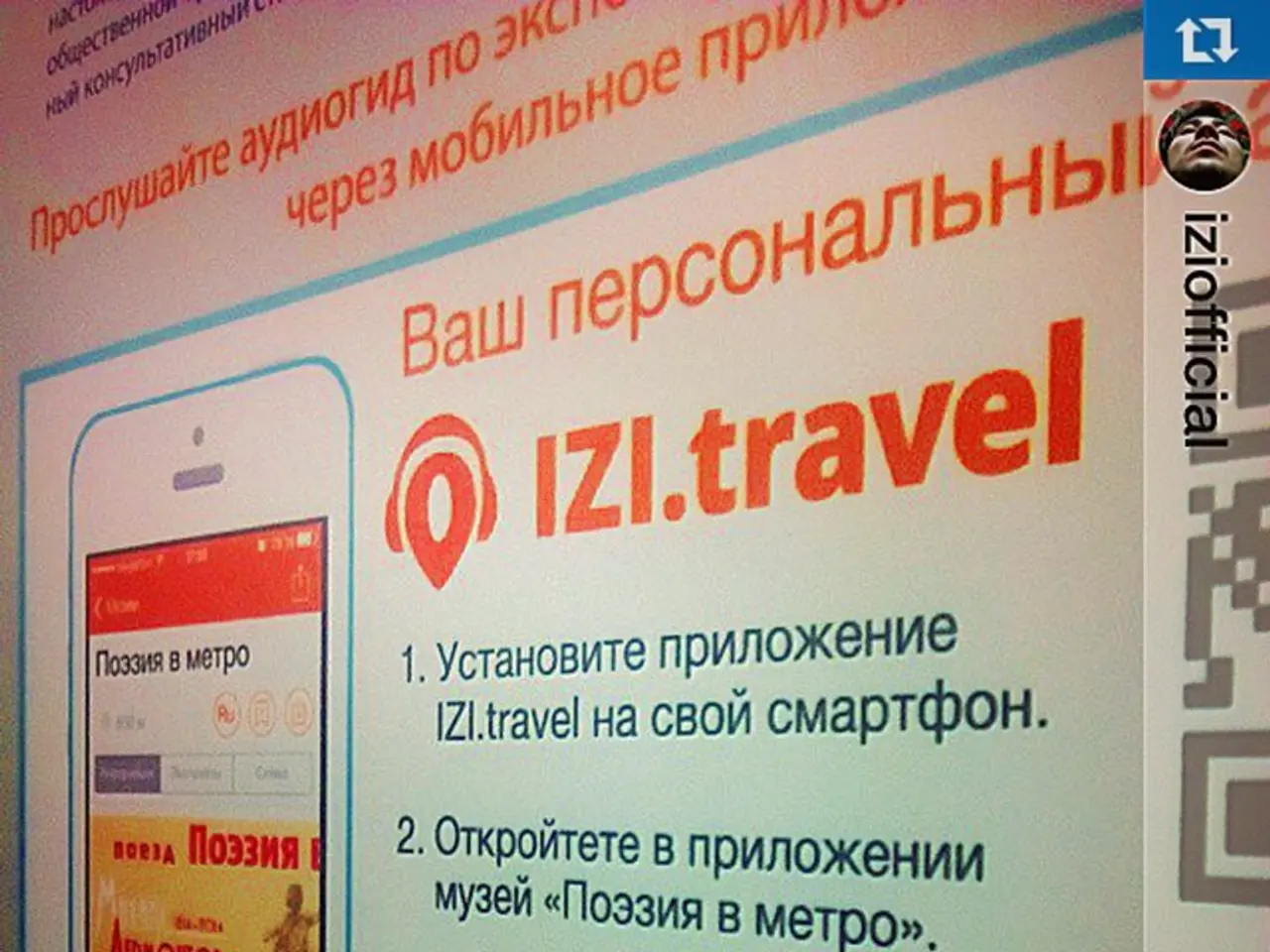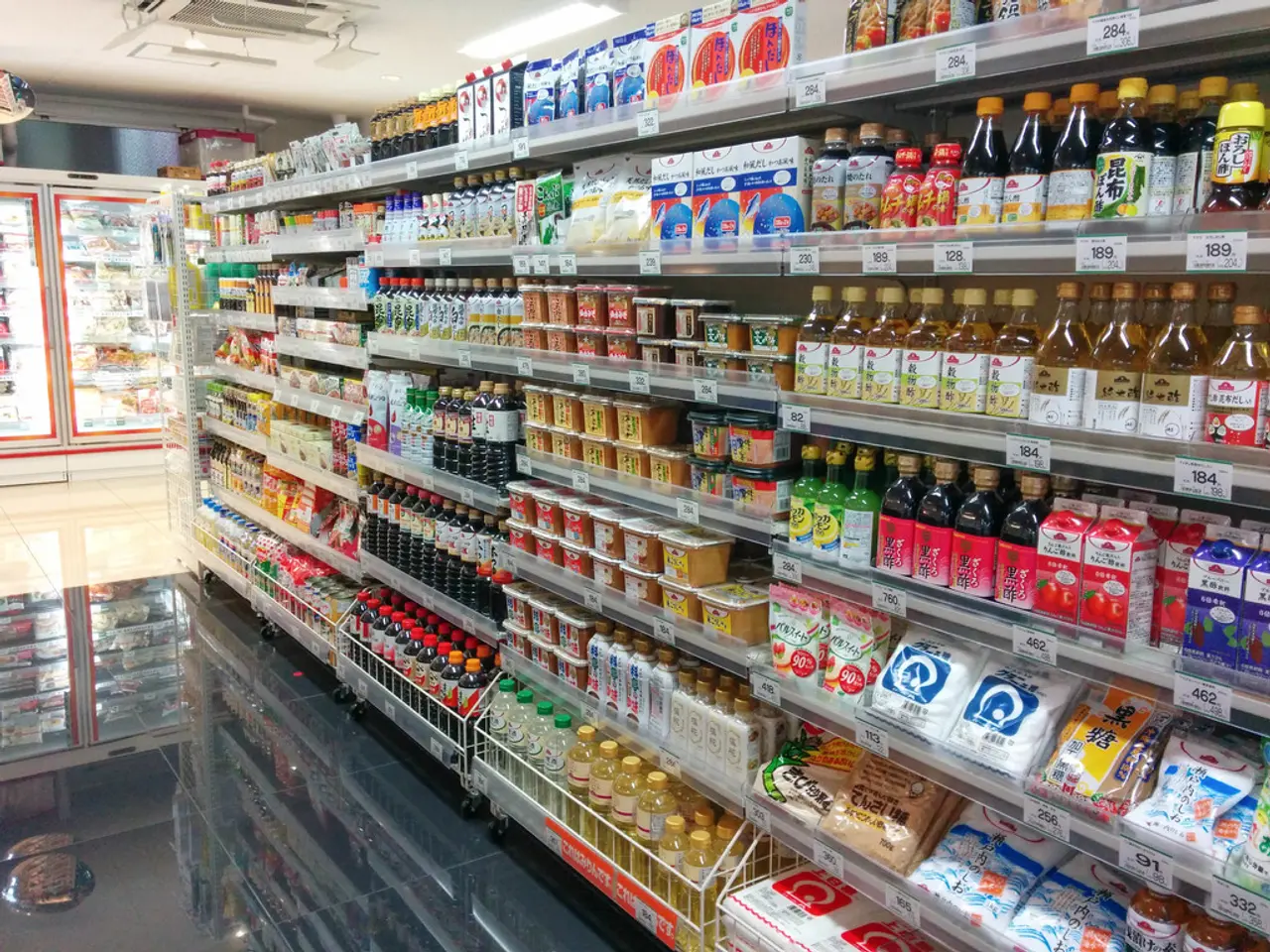Bright Lights, Big Prices: BGH Takes on Netto's Advertising Game
Investigate pricing strategies in Netto's marketing: Insights Revealed by the BGH - Consulted on the following matters by the Commission:
Let's talk about the high stakes in the advertising world, specifically when it comes to price reductions. The Federal Court of Justice (BGH) in Karlsruhe is standing front and center, scrutinizing the advertising tactics of major retailers, like Netto. Recently, the highest German civil court has been weighing in on whether Netto's discount strategies meet the mark.
The Competition Center has accused Netto of violating the Price Indication Ordinance through a coffee advertisement. According to this rule, retailers promoting price cuts must also disclose the lowest price charged for the product within the last 30 days. For a long time, there's been debate over how to indicate the so-called reference price - could a footnote suffice?
Netto took a creative approach, advertising a reduced coffee price in their brochure without explicitly stating the reference price. They included both the current price (4.44 euros) and the price of the previous week (6.99 euros). However, the information about the reference price, which was actually 4.44 euros in the last 30 days, was written in a tiny footnote.
It doesn't look promising for Netto in this court battle. Both lower courts have sided with the Completion Center. Additionally, the European Court of Justice (ECJ) already decided in September that advertising statements such as "Price Highlight" must always refer to the lowest price of the last 30 days and that discount percentages must be calculated based on this price. This Netto advertisement, it seems, wouldn't pass muster.
The Competition Center is hopeful. Reiner Münker, Managing Director of the Competition Center, predicts that the Federal Court of Justice will share the same verdict as the lower courts. Aside from the fact that the advertising adheres to the ECJ decision, Münker believes that the advertising itself lacked clarity, making it difficult for consumers to comprehend the different prices.
There's another discount chain known as Netto that mainly operates in the north and east of Germany, but this case is directed at the larger retail chain Netto Marken-Discount, headquartered in Maxhütte-Haidhof near Regensburg, Bavaria.
So, keep your eyes peeled - it's a pricey game out there, and the BGH is aiming to keep it fair!
- Federal Court of Justice
- Netto
- Karlsruhe
- Discount
- ECJ
- Competition Center
Additional Insights:
- Transparent Pricing: Both the BGH and ECJ strive for transparency in advertising to protect consumers and prevent deceptive commercial practices. Clear and unambiguous pricing helps buy a price, ensuring the total price, including taxes and additional components, is plainly stated in advertisements[5].
- Cost Dilemma: When presenting pricing information, thePrice Indication Ordinance in Germany requires strict compliance to clarify the total price, leading to consumer clarity and fair competition[5].
- Promotional Pricing Regulations: In response to European Union directives, promotional pricing must not mislead consumers, with clear indications of discount duration and conditions for advertisers to uphold[5].
- Prevention of Unfair Competition: Both the BGH and ECJ work toward safeguarding consumers from unfair competition practices by mandating honest advertising practices to prevent misleading information[4][5].
- Specific Case Analysis: Although specific details about the Netto Karlsruhe case weren't readily available, the principles outlined by the BGH and ECJ suggest that Netto's price advertising should comply with these transparency rules, accurately indicating all components of the pricing and avoiding misleading promotional discounts[4][5].
The Federal Court of Justice (BGH) in Karlsruhe is examining Netto's advertising strategies to ensure they adhere to the rules of the Price Indication Ordinance and avoid misleading consumers. The Competition Center argues that Netto's coffee advertisement, which presented the reduced price without explicitly stating the reference price, violated these regulations.
In the court battle, both lower courts have sided with the Competition Center, and the European Court of Justice (ECJ) previously established that advertising statements must refer to the lowest price of the last 30 days. The transparency and clarity of pricing, both in the BGH's and ECJ's judgments, are crucial to protect consumers and maintain fair competition in business and employment.







